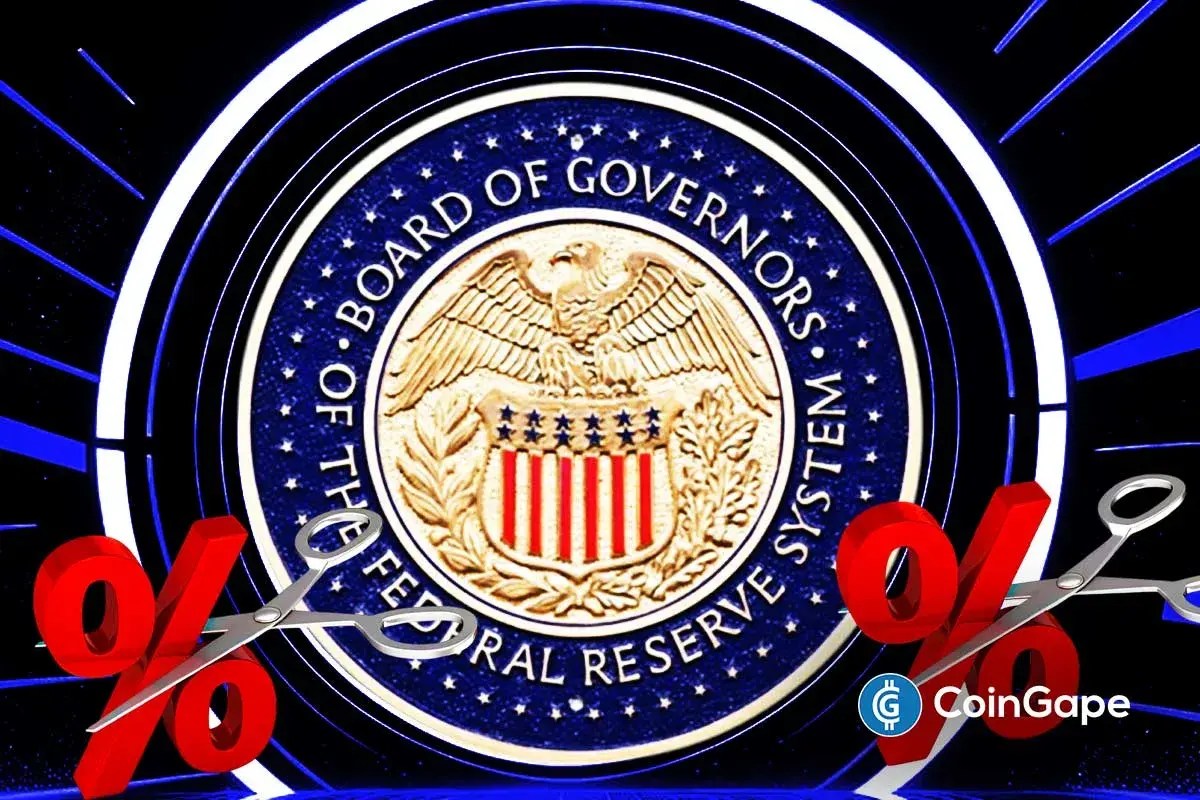BENSENVILLE, ILLINOIS – SEPTEMBER 10: Flanked by U.S. Attorney General Pam Bondi (rear), and FDA Commissioner Marty Makary (R), Secretary of Health and Human Services Robert F. Kennedy Jr. speaks to the press outside Midwest Distribution after it was raided by federal agents on September 10, 2025 in Bensenville, Illinois. According to the company, various e-liquids were seized in the raid. (Photo by Scott Olson/Getty Images)
Getty Images
While running for President in 2008, Barack Obama famously chanted “Yes we can.” Love or hate his political views, Obama’s politics were quite effective. He was asking voters to think big, to envision a much better future.
Advertisers no doubt approved. That’s because ads routinely evoke things not as they are, but as they could be. Gyms and exercise equipment companies don’t promote their locations and equipment with flabby, lumbering people, rather their ads show fit, upright, energetic individuals. A look ahead. Restaurants do the same with ads showing happy people enjoying impressively put together plates of food. Conversely, ads meant to convince smokers to quit have not infrequently shown the worst of the worst future downsides of the habit.
The nature of advertising comes to mind as FDA commissioner Marty Makary puzzlingly brags that “The Trump Administration Is Taking On Big Pharma” in the New York Times. Makary laments pharmaceutical ads that “are filled with dancing patients, glowing smiles and catch jingles that drown out the fine print.” Not explained is whether Makary would be happier if drug companies placed ads with immobile patients, frowns, and funereal music.
Seriously, what does he expect? Does he want drug companies to commit billions to drug development to accompany their achievements with imagery defined by misery? Has Makary stopped to contemplate the myriad shareholders lawsuits drugmakers would face if, upon risking staggering sums meant to create a healthier future, they made sure to downplay or outright deny their achievements?
Makary pats his FDA and Trump administration on the back for acting to “rein in misleading pharmaceutical ads,” but it’s the equivalent of the Trump administration demanding that pharmaceutical companies demean their capabilities. How could the allegedly pro-business Trump administration make such a demand, one that no other politician or business would ever be expected to abide?
To which Makary and his defenders might reply that with pharmaceutical drugs, the rules should be different. Since health and health outcomes are on the line, sometimes of the life and death variety, pharmaceutical companies must follow a different set of rules. Except that pharmaceutical companies already do. And Makary knows this truth well.
As evidenced by the years of work and billions spent just to attain drug approval, pharmaceutical companies go to enormous lengths to get their innovations into the marketplace. Their drugs are FDA approved. Which is the point, or should be.
In seeking greater policing of drug advertising, Makary is adding another layer to the already substantial oversight provided by the FDA, oversight that has yet more layers. While pharmaceutical companies can advertise their FDA approved drugs, would-be patients can still only attain them insofar as they’re prescribed by a doctor. Which of course answers Makary’s odd critique that drugmakers are targeting potential users with “misleading ads.” Really? How?
Lest Makary forget, the ads are yet again for FDA approved drugs that are once again only accessible with a doctor-signed prescription. Which raises a basic question: if the FDA is doing its job in the approval process, and doctors are doing their jobs, why the limits on the free speech rights of pharmaceutical companies to advertise the health possibilities that come with their innovations? Why indeed.
Absent a compelling answer from Makary, it’s difficult to find a compelling reason for the Trump administration to make free speech situational. Pharmaceutical companies prosper by improving our lives. Let them advertise their capacity to do just that.
Source: https://www.forbes.com/sites/johntamny/2025/09/17/the-fda-is-trying-to-make-corporate-free-speech-situational/


